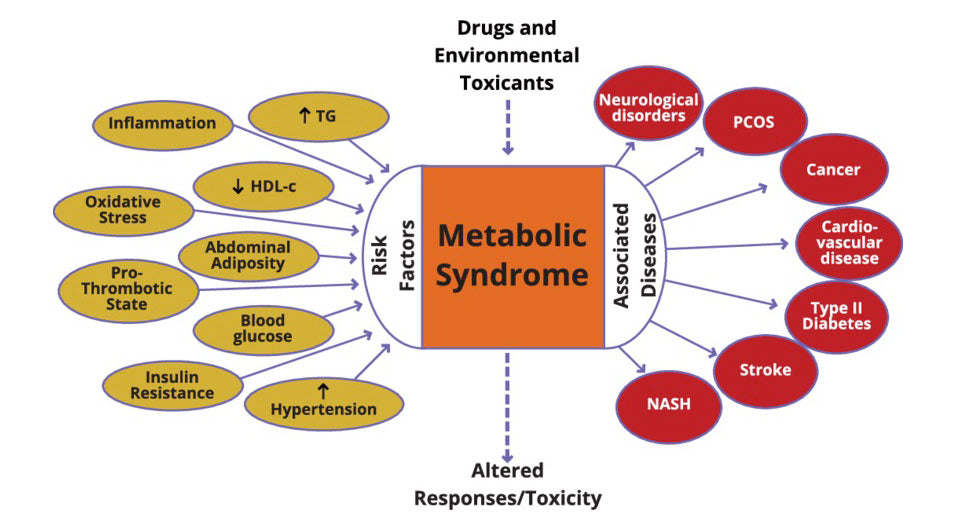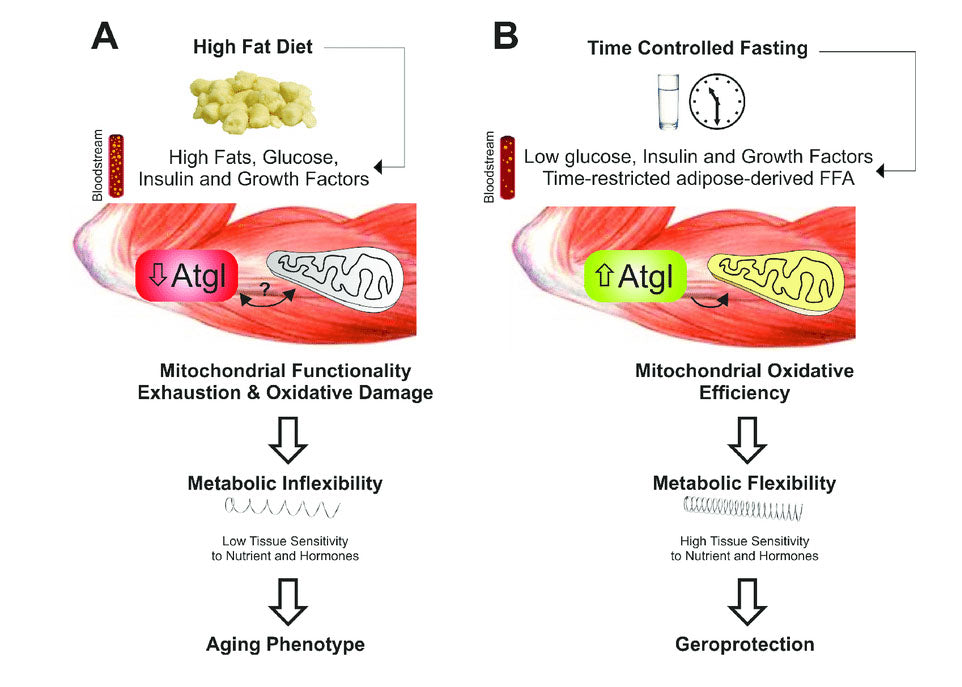Your Cart is Empty
Welcome to OptimOZ! The Biohacker Store. Free Delivery over $99 in Australia.
- All Products
- SHOP
- Bulletproof® Coffee
- MCT Oil
- Supplements
- Discover
- Blog
- Popular Products
- Customer Service
- New Releases
- Specials!
- Reviews
- Rewards
- Login
Welcome to OptimOZ! The Biohacker Store. Free Delivery over $99 in Australia.












